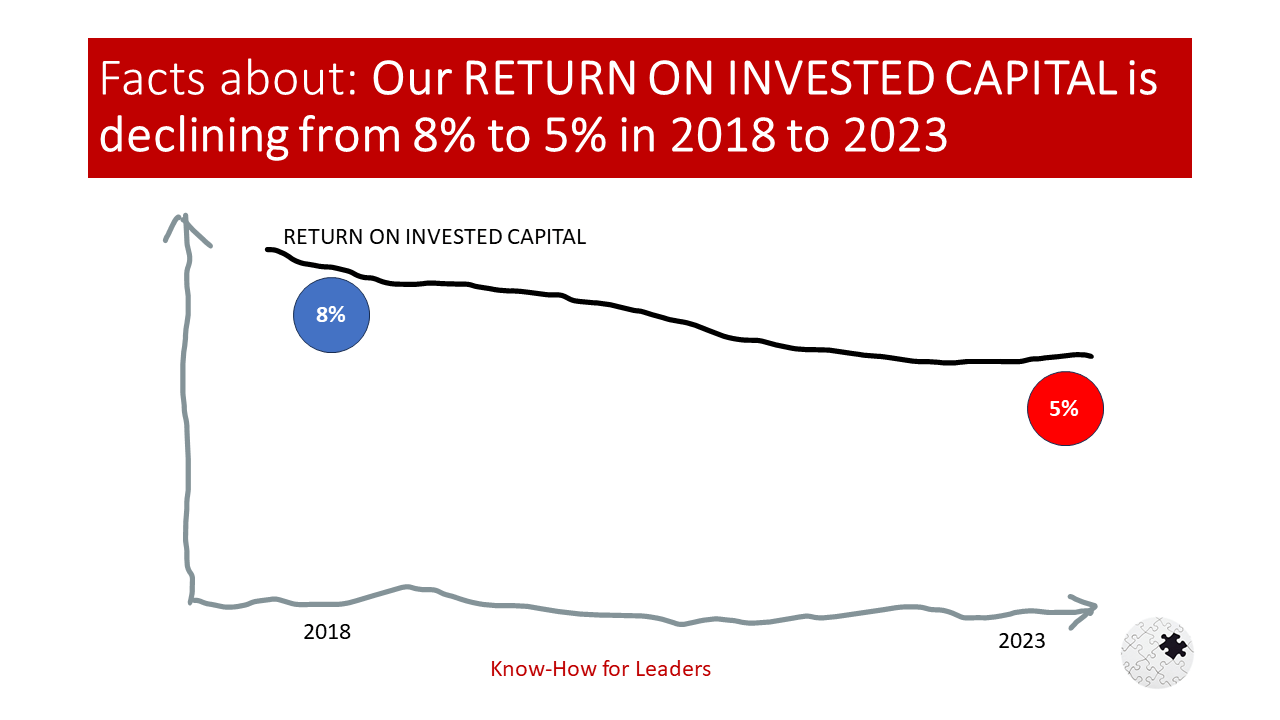RapidKnowHow : The Health Correlation Process
Health Leader > Stress and Reward > The Correlation Process > The Triggers > The Effect > How to avoid Negative stress > 5 Sources of Evidence > Short Report
Short Report: Understanding the Correlation Between Stress and Reward
Health Leader Overview
Stress is a prevalent issue that affects many individuals’ physical and mental health. Understanding the correlation between stress, its triggers, and how it impacts behavior, particularly concerning seeking rewards, is crucial for developing effective strategies to manage negative stress and promote well-being.
The Correlation Process: Stress and Reward
The Triggers
- Environmental Factors: External stressors such as work pressure, relationship issues, and economic instability can activate the body’s stress response. These triggers often lead individuals to seek rewarding behaviors as a coping mechanism.
- Emotional Triggers: Feelings of anxiety, sadness, or frustration can prompt individuals to engage in behaviors that provide a temporary sense of reward (e.g., overeating, substance use, or excessive screen time).
- Social Influences: Peer pressure and social expectations can exacerbate stress levels, driving individuals to seek quick rewards to alleviate feelings of inadequacy or anxiety.
- Biological Factors: Genetic predispositions and neurobiological pathways play a role in how individuals respond to stress, influencing their likelihood of engaging in reward-seeking behavior.
The Effect: Impact of Stress on Behavior
- Reward-Seeking Behaviors: Stress often leads individuals to engage in unhealthy reward-seeking behaviors to cope with negative emotions. This can include overeating, smoking, or alcohol consumption, which offer temporary relief but lead to long-term health issues.
- Mental Health Outcomes: Chronic stress and associated reward-seeking behaviors can contribute to the development of mental health problems, such as depression and anxiety, further perpetuating a cycle of stress and unhealthy choices.
- Physical Health Consequences: Sustained stress and poor lifestyle choices can result in serious health issues, including obesity, cardiovascular diseases, and metabolic disorders.
How to Avoid Negative Stress: Preventive Strategies
Practical Recommendations
- Mindfulness and Stress Reduction Techniques: Encourage practices such as meditation, yoga, and deep-breathing exercises to help individuals manage stress effectively.
- Physical Activity: Promote regular exercise, which has been shown to reduce stress levels and improve overall mood.
- Healthy Coping Mechanisms: Educate individuals on developing healthy coping strategies, such as journaling, art, or engaging in hobbies, that do not involve harmful rewards.
- Social Support Systems: Foster strong social connections that provide a supportive environment for sharing stressors and developing resilience.
- Professional Help: Encourage seeking assistance from mental health professionals when stress becomes overwhelming, reinforcing that it’s okay to ask for help.
5 Sources of Evidence
- American Psychological Association (APA): Resources discussing the impact of stress on behavior and mental health, along with strategies for stress management.
- National Institute of Mental Health (NIMH): Research on the relationship between stress, reward-seeking behaviors, and mental health outcomes.
- Health Psychology Journal: Studies examining the physiological and psychological impacts of stress and the body’s response mechanisms to rewards.
- Biofeedback Research Journal: Findings on mindfulness and its effectiveness in reducing stress and promoting healthier behavior patterns.
- Journal of Health Psychology: Exploration of the role of social support in mitigating stress and encouraging positive behavioral changes.
Conclusion
Understanding the relationship between stress and reward is critical for health leaders.
By identifying triggers and their effects, we can implement effective strategies to reduce negative stress and encourage healthy coping mechanisms.
Promoting mindfulness, physical activity, and strong social connections can help break the cycle of stress and unhealthy reward-seeking behaviors, ultimately leading to improved health outcomes.





